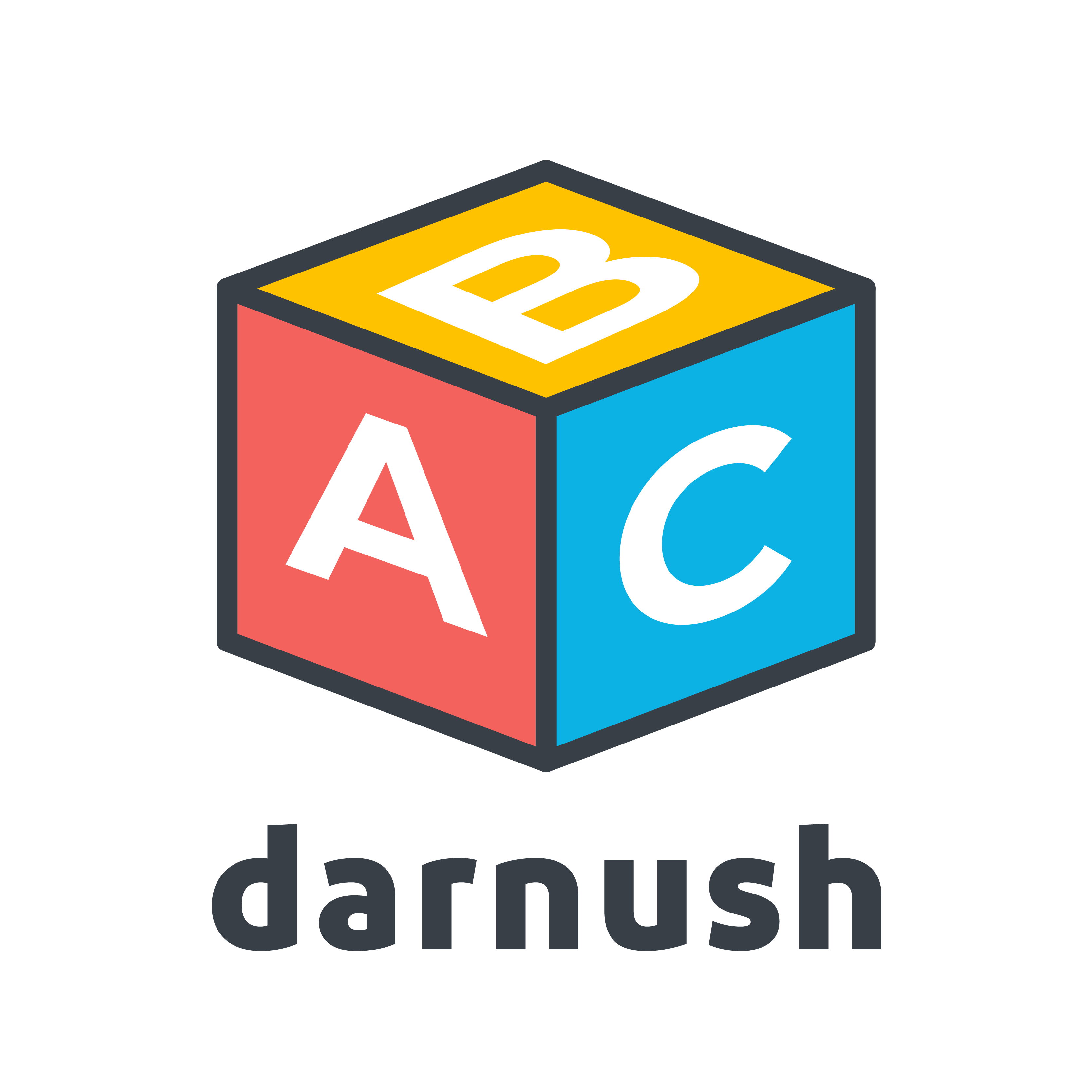Play is not just a source of fun for children; it is an essential part of their growth and development. Through play, children learn about themselves and the world around them, enhancing their physical, social, emotional, and cognitive skills.
Types of Play and Their Benefits
1. Physical Play: Activities like running, jumping, and climbing are crucial for a child's physical health. These types of play help develop motor skills, coordination, and strength, promoting an active and healthy lifestyle from a young age.
2. Social Play: Games that involve other children, such as role-playing or group sports, teach important social skills. Children learn how to communicate, collaborate, resolve conflicts, and develop a sense of empathy through interaction with peers.
3. Cognitive Play: Puzzle-solving, building blocks, and creative activities such as drawing or storytelling stimulate a child’s cognitive development. These activities encourage problem-solving skills, critical thinking, and creativity.
4. Emotional Play: Role-playing and imaginative games allow children to explore their feelings and understand different emotions. This helps them develop emotional intelligence and resilience, which are key to managing emotions in later stages of life.
The Importance of Unstructured Play
While structured play, like organized sports or classes, is beneficial, unstructured play is equally important. Unstructured play allows children to explore, create, and imagine freely, without any rules or guidelines. This type of play nurtures independence, creativity, and decision-making skills.
The Role of Parents and Caregivers
Parents and caregivers play a crucial role in facilitating play. Providing children with a safe space to explore and play, offering a variety of toys and activities, and encouraging both solitary and group play are essential for balanced development.
Play in Early Education
In early childhood education, play-based learning is widely recognized as an effective approach. It combines the joy of play with learning opportunities, allowing children to grasp concepts naturally while engaged in playful activities. This method fosters a love of learning and helps children retain information better.
Conclusion
Play is an indispensable part of a child’s development, influencing their physical, social, cognitive, and emotional growth. By allowing children the freedom to play and offering them opportunities to engage in various types of play, we provide them with the tools to develop essential life skills and a healthy, well-rounded personality.
